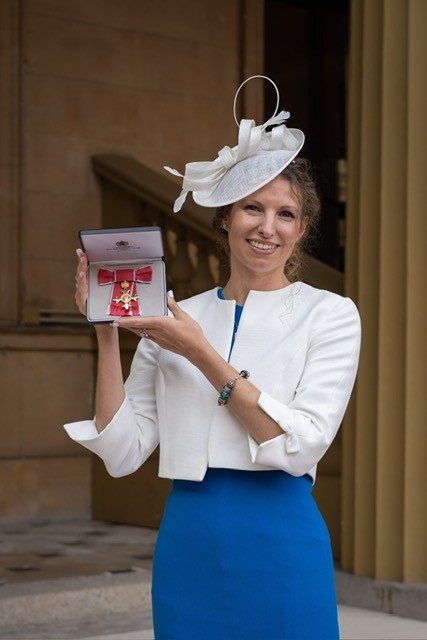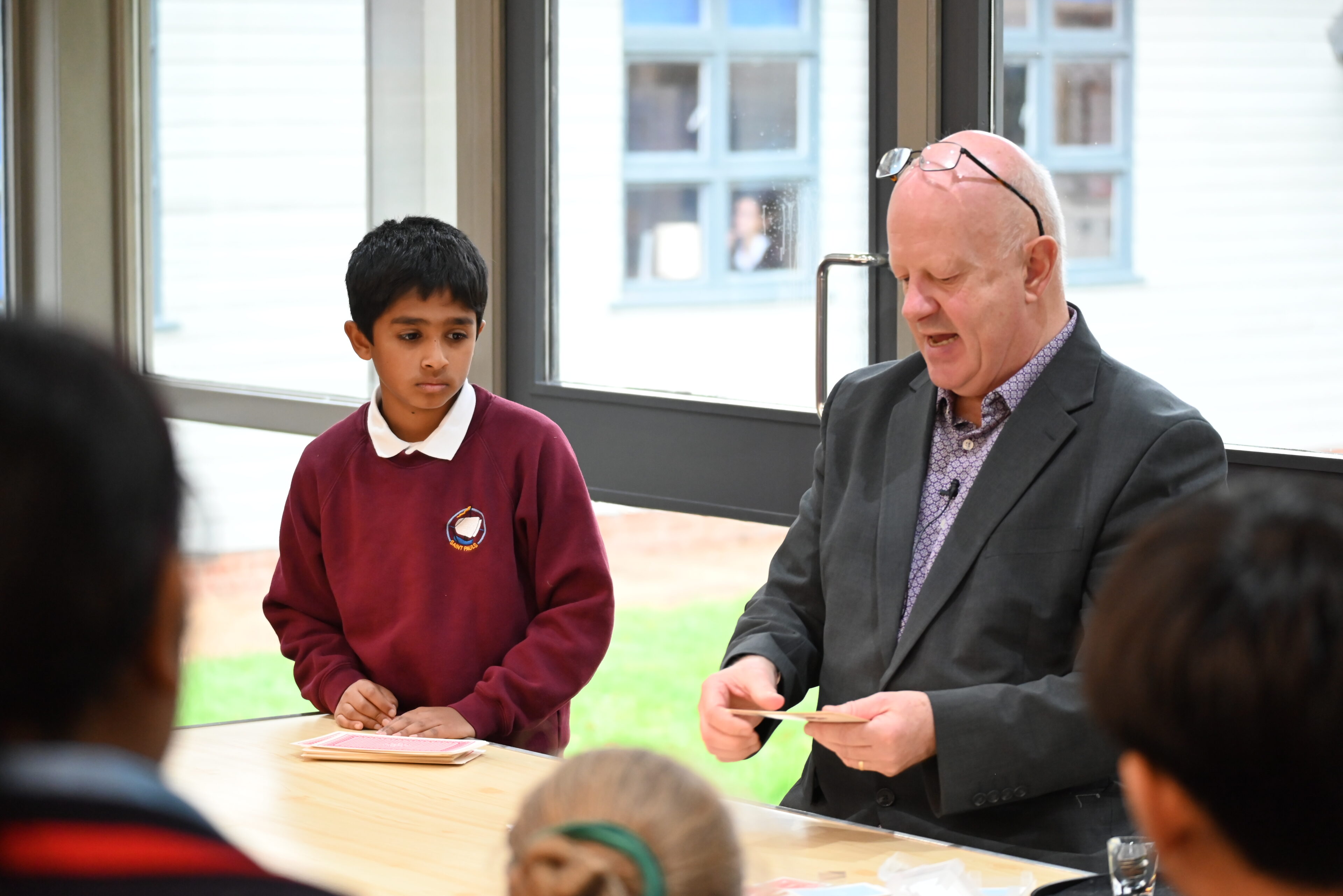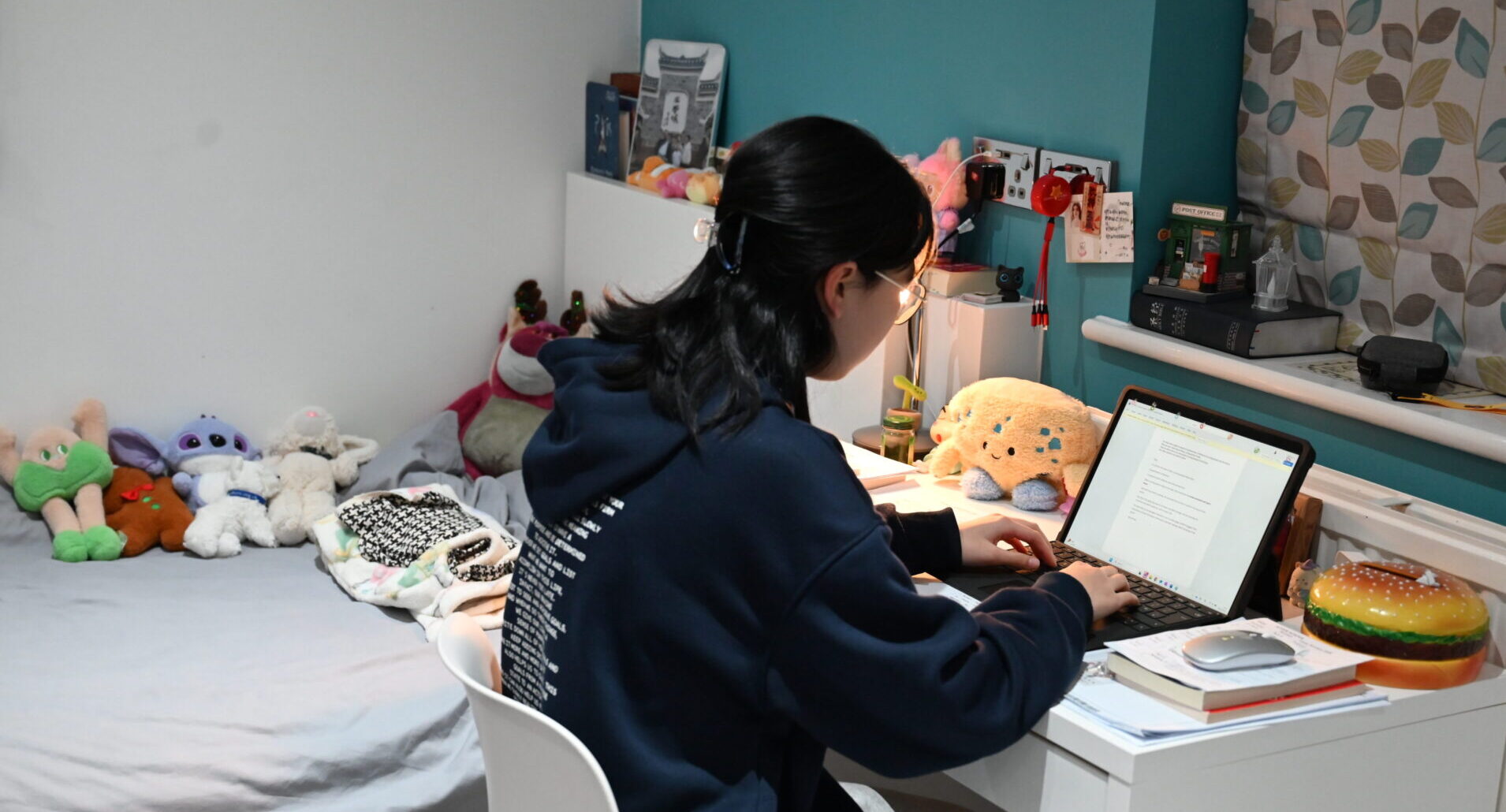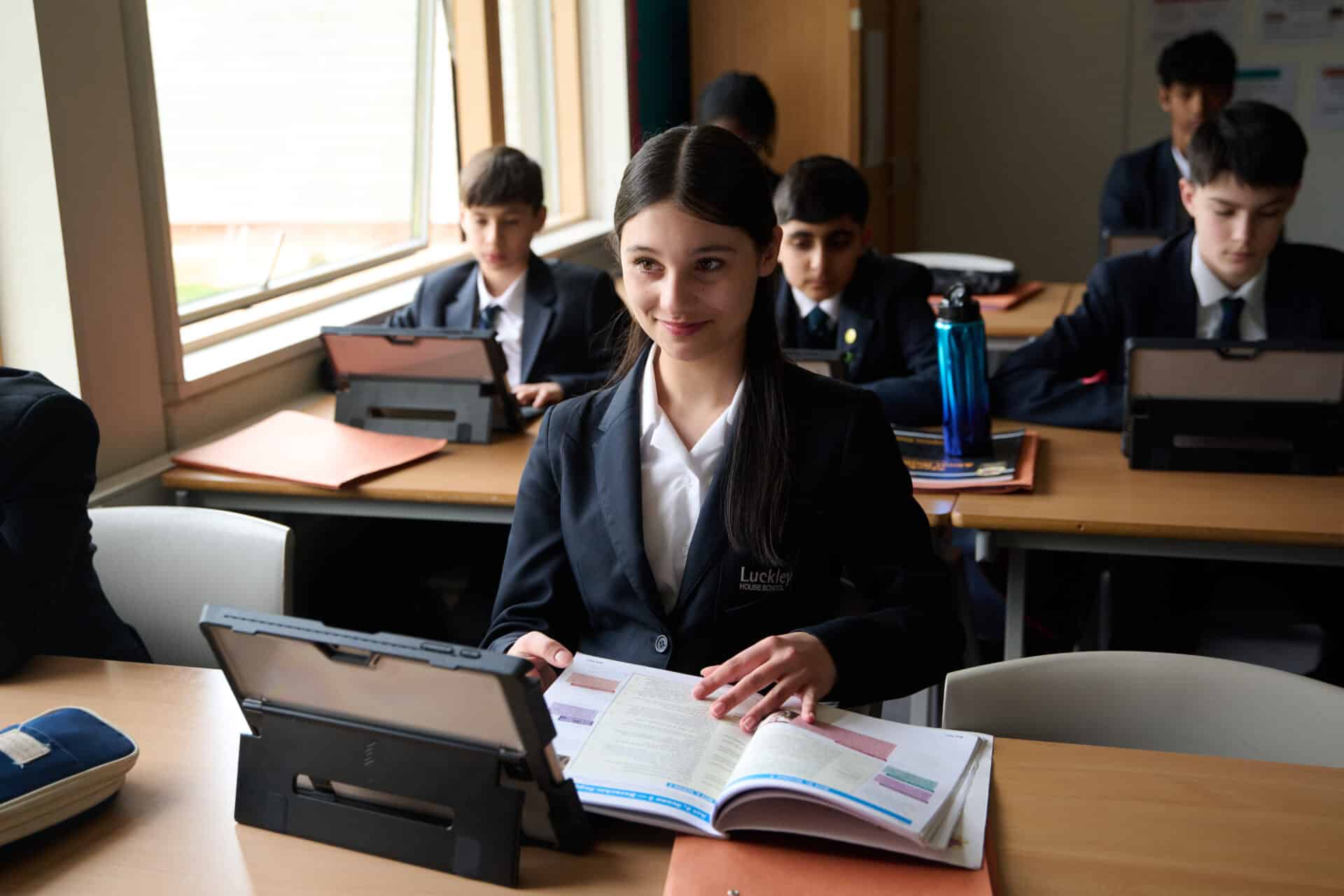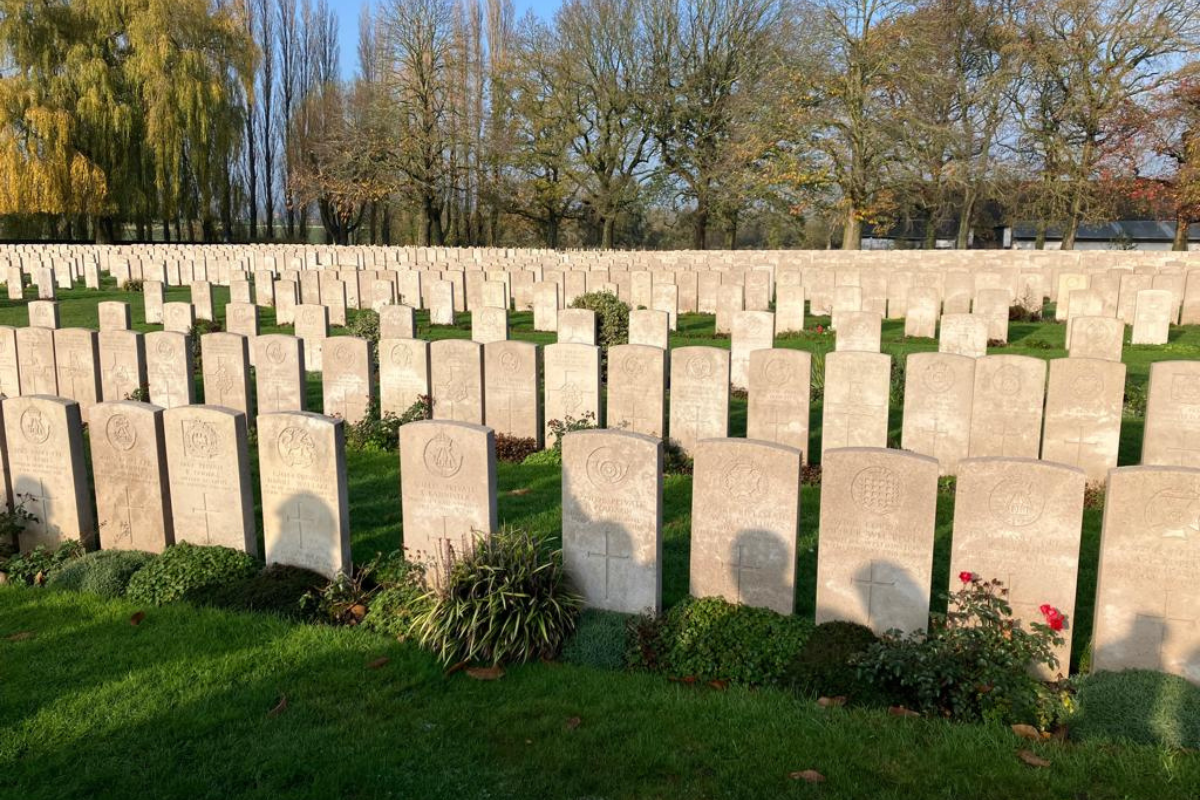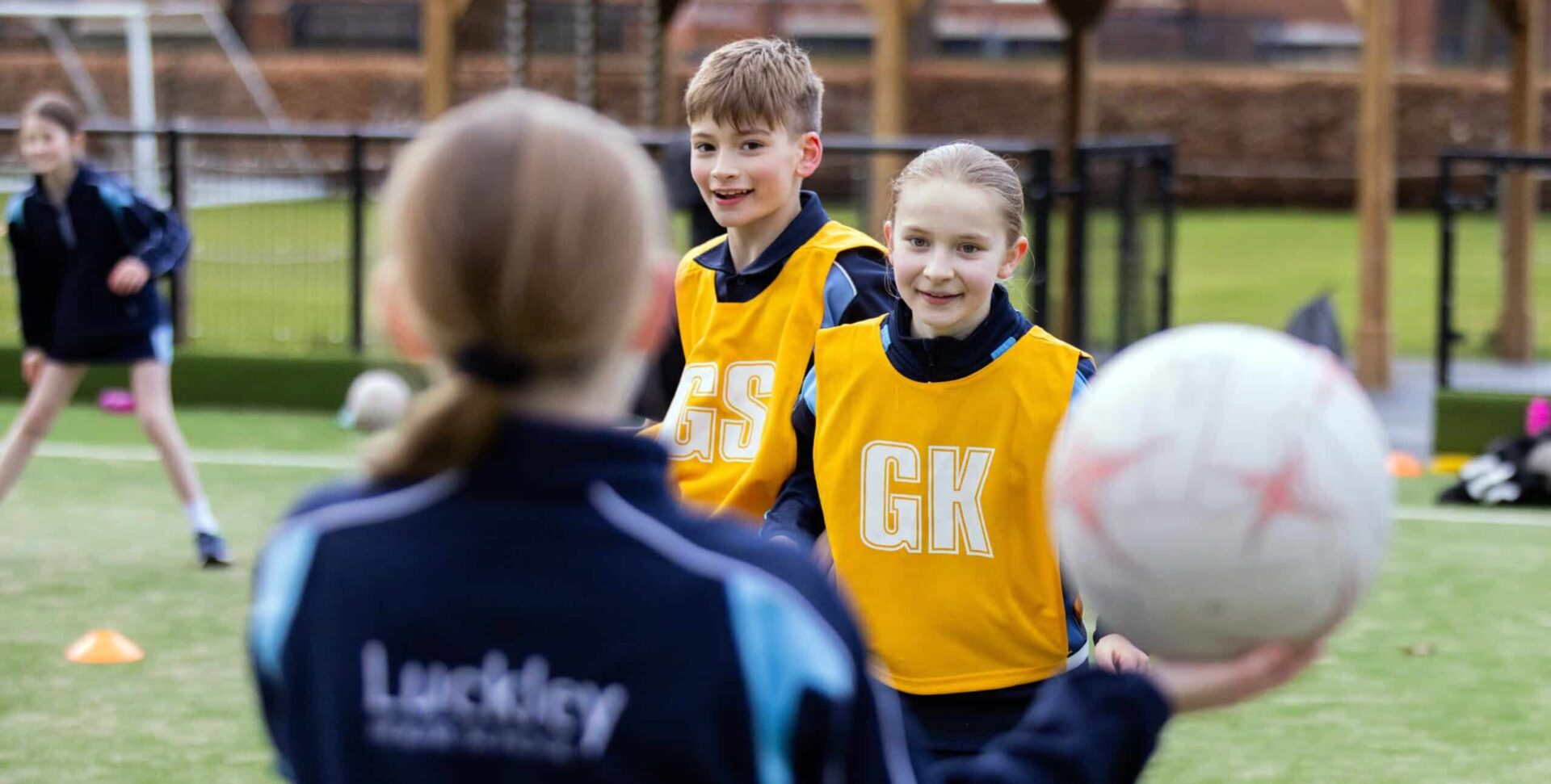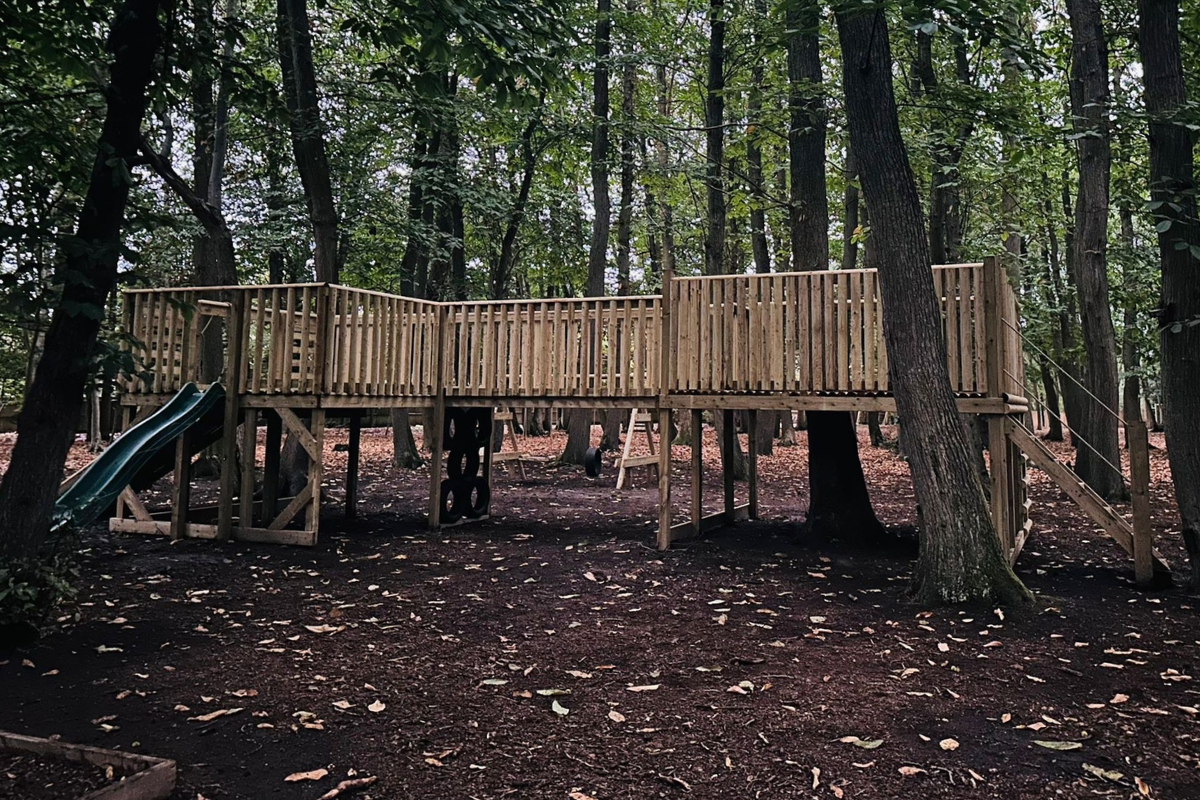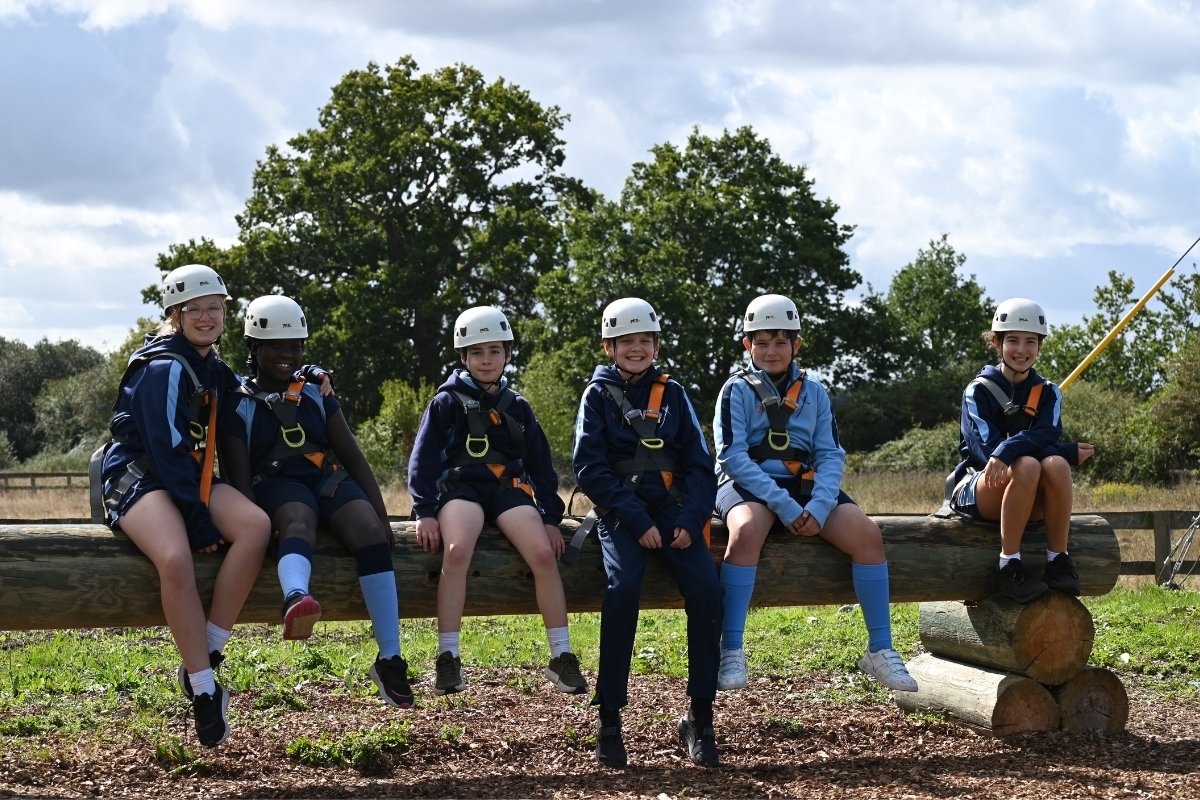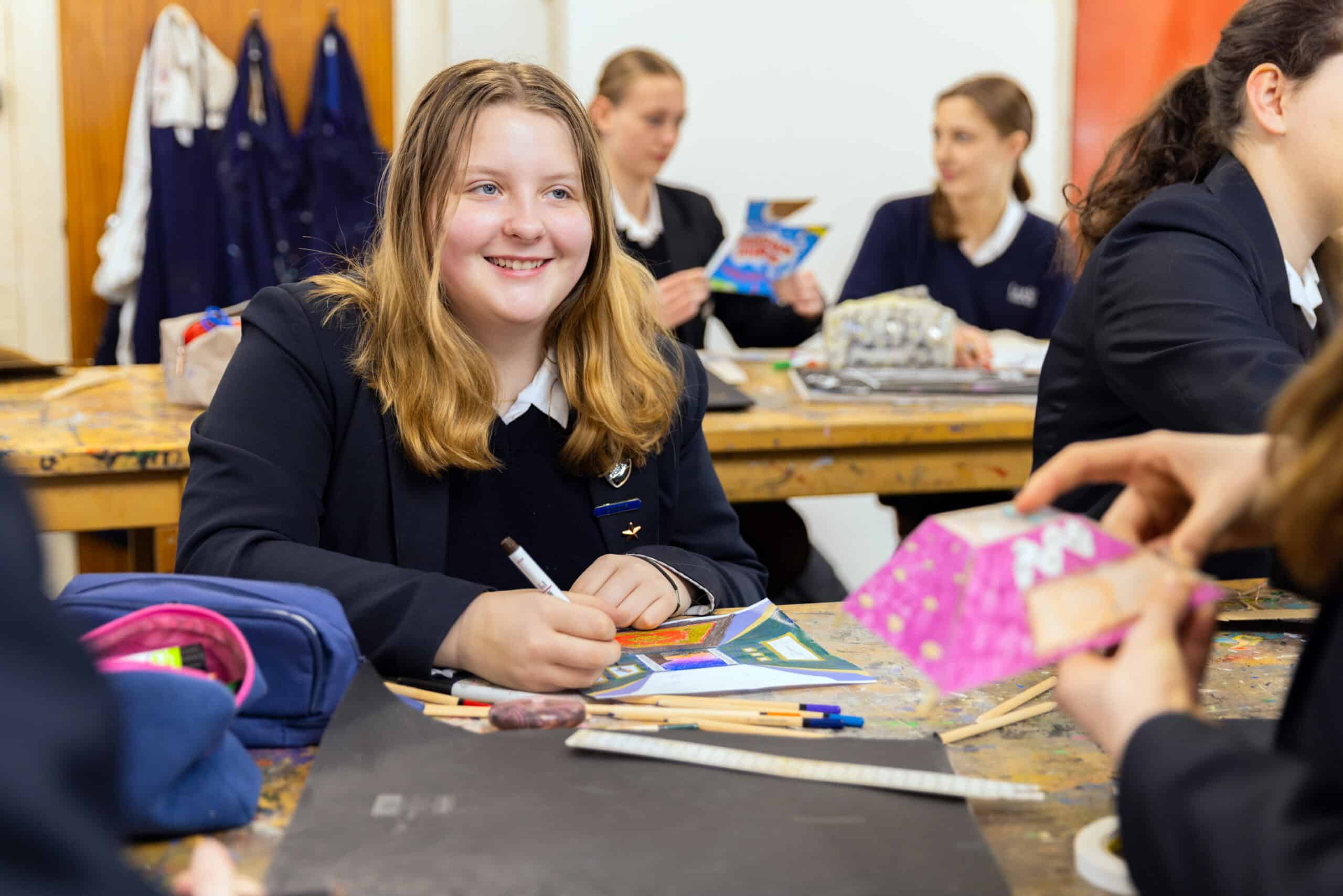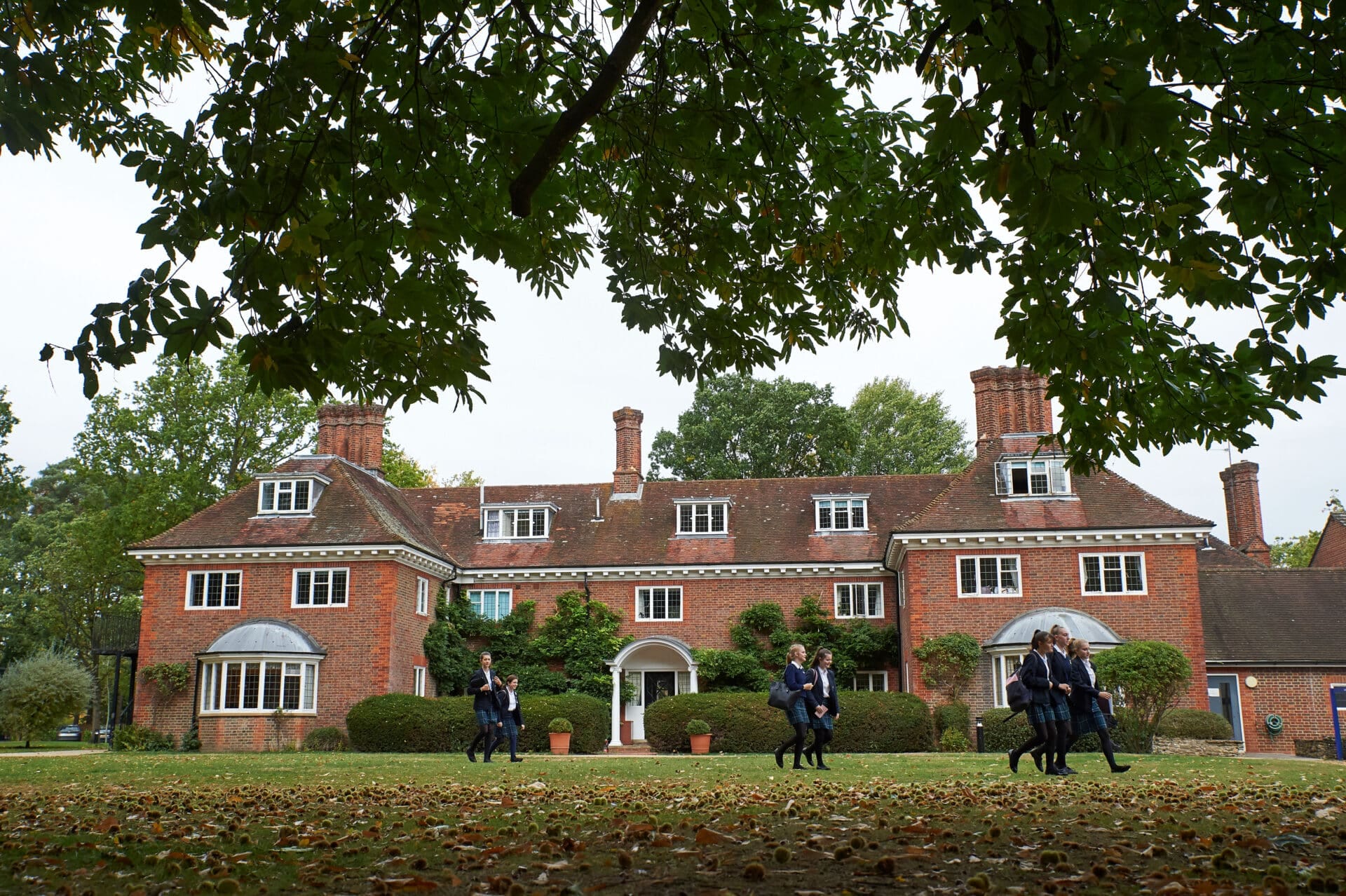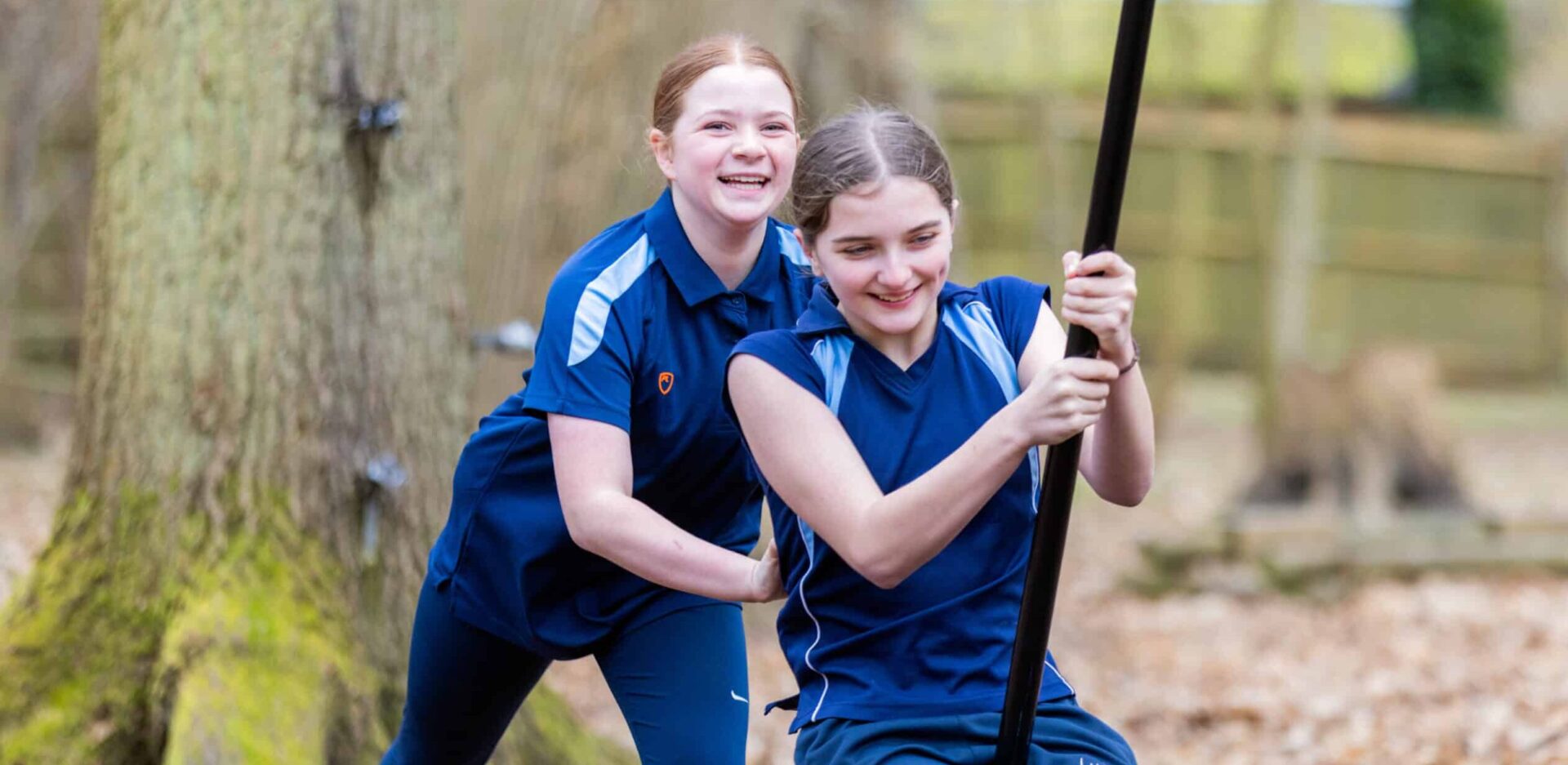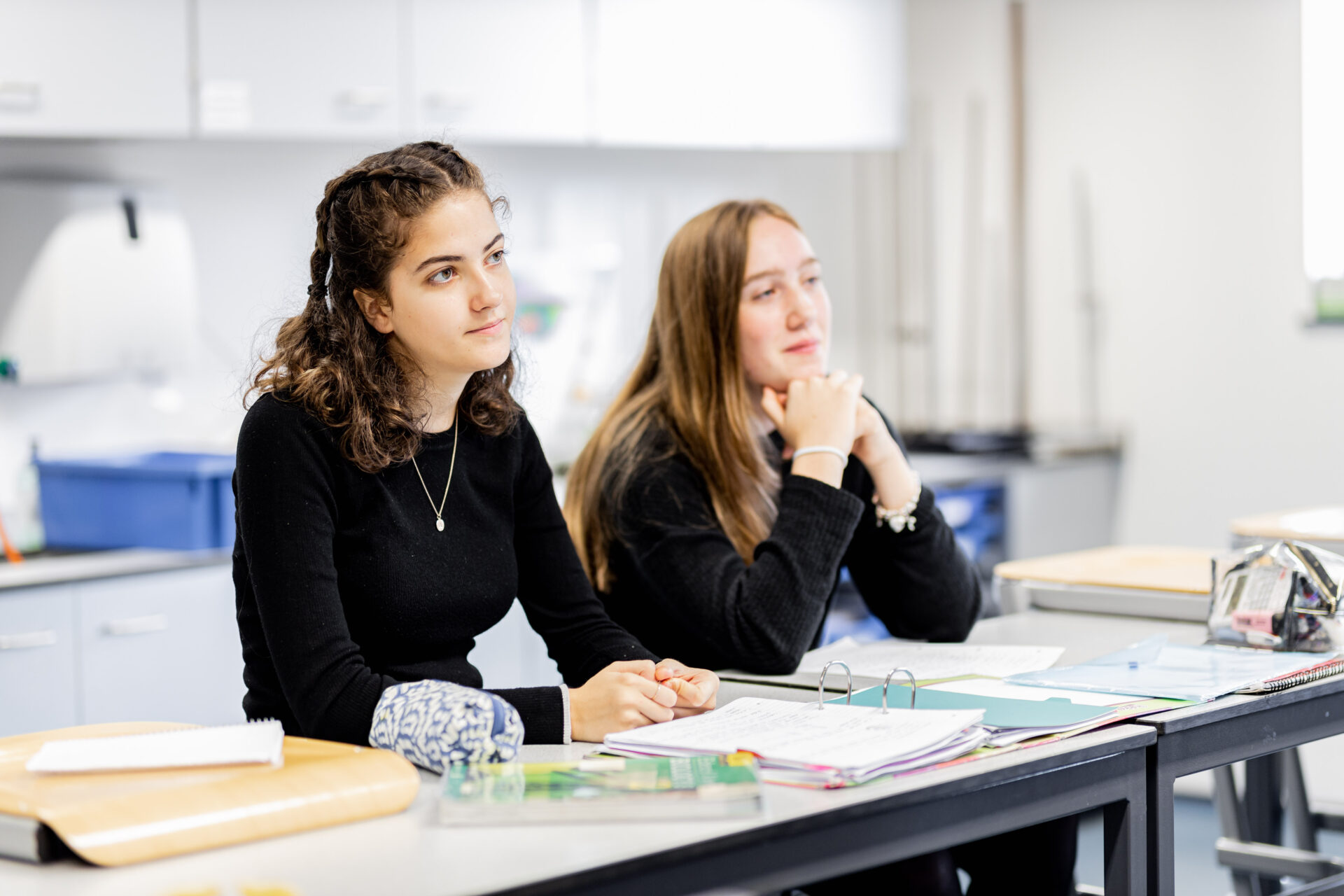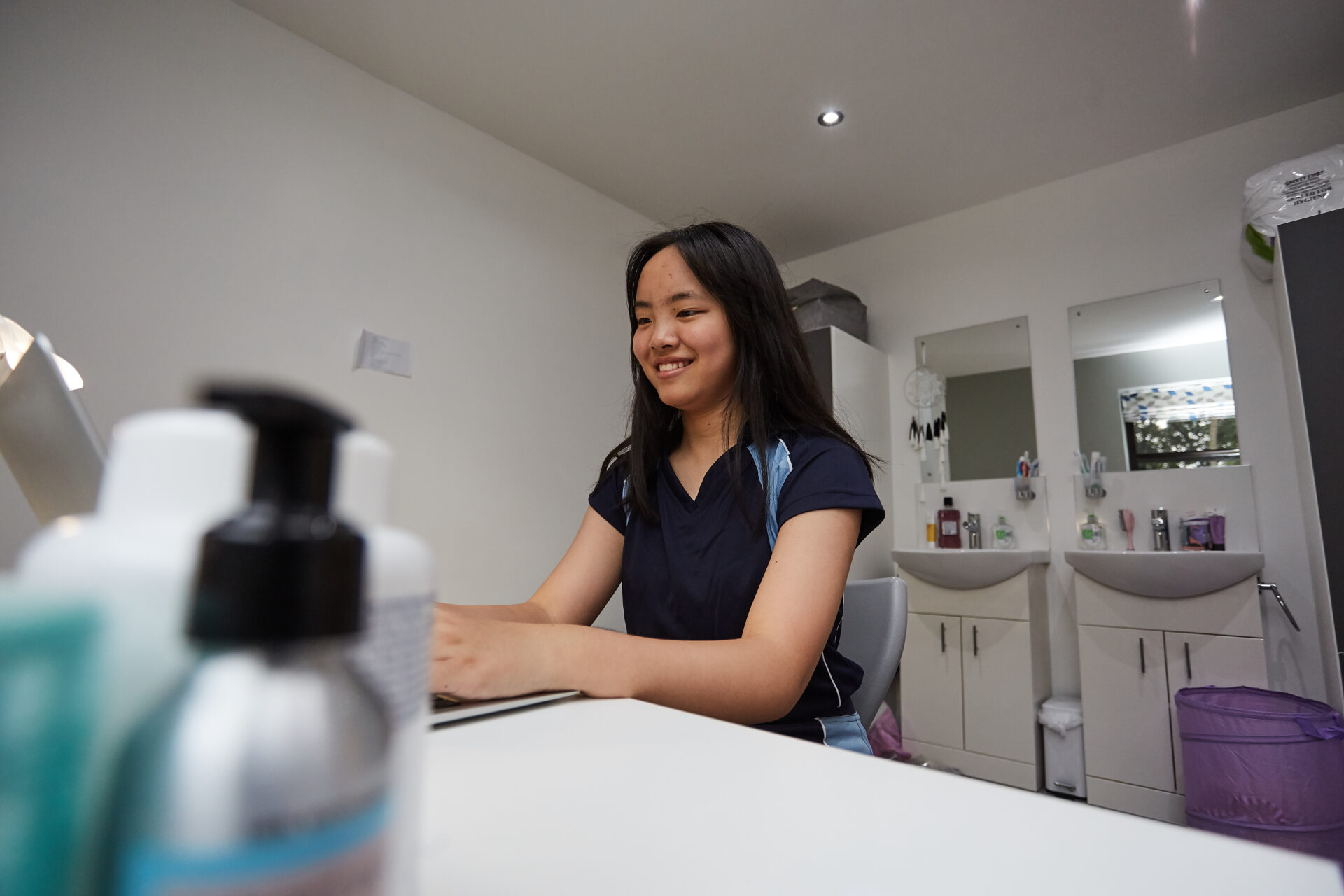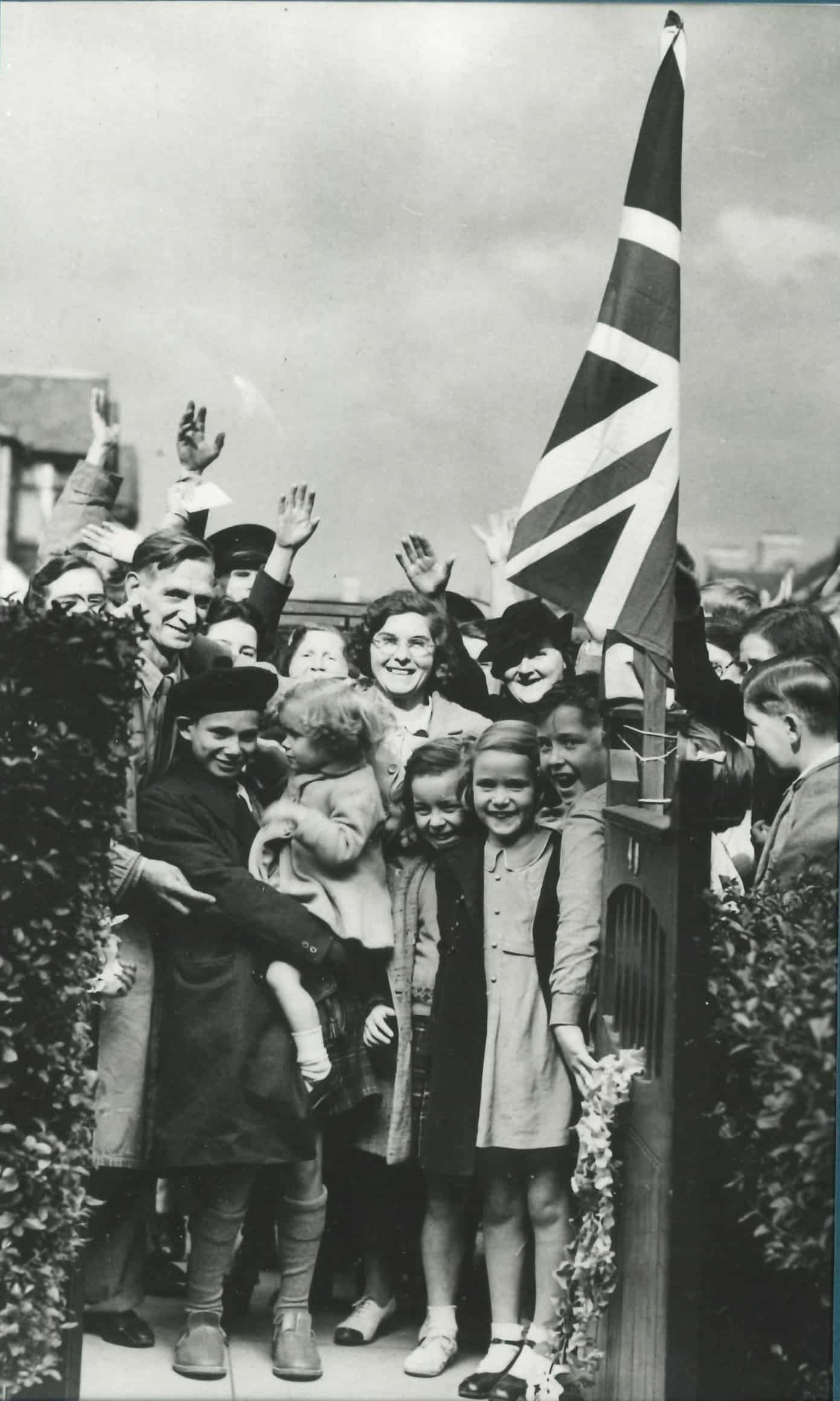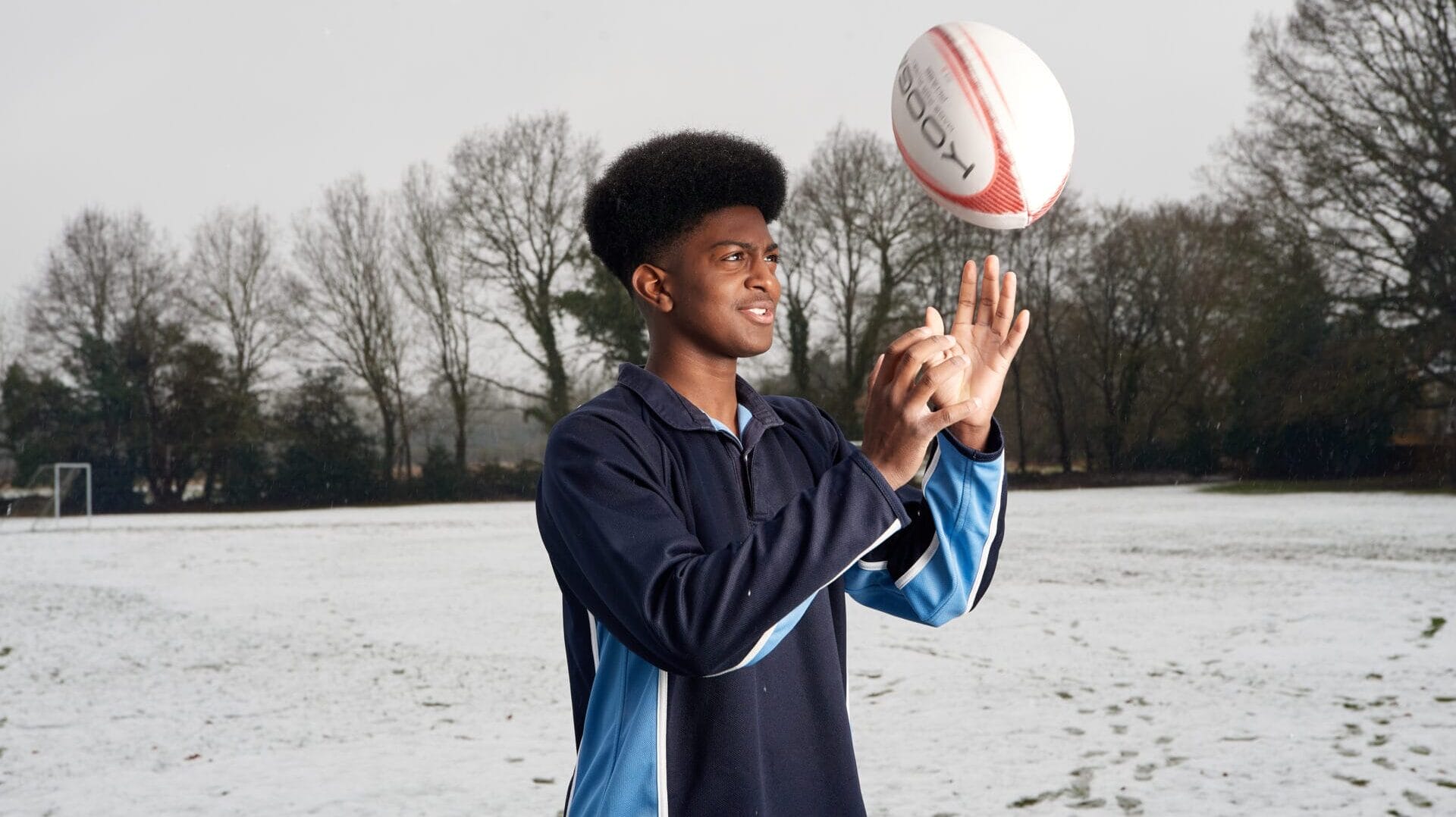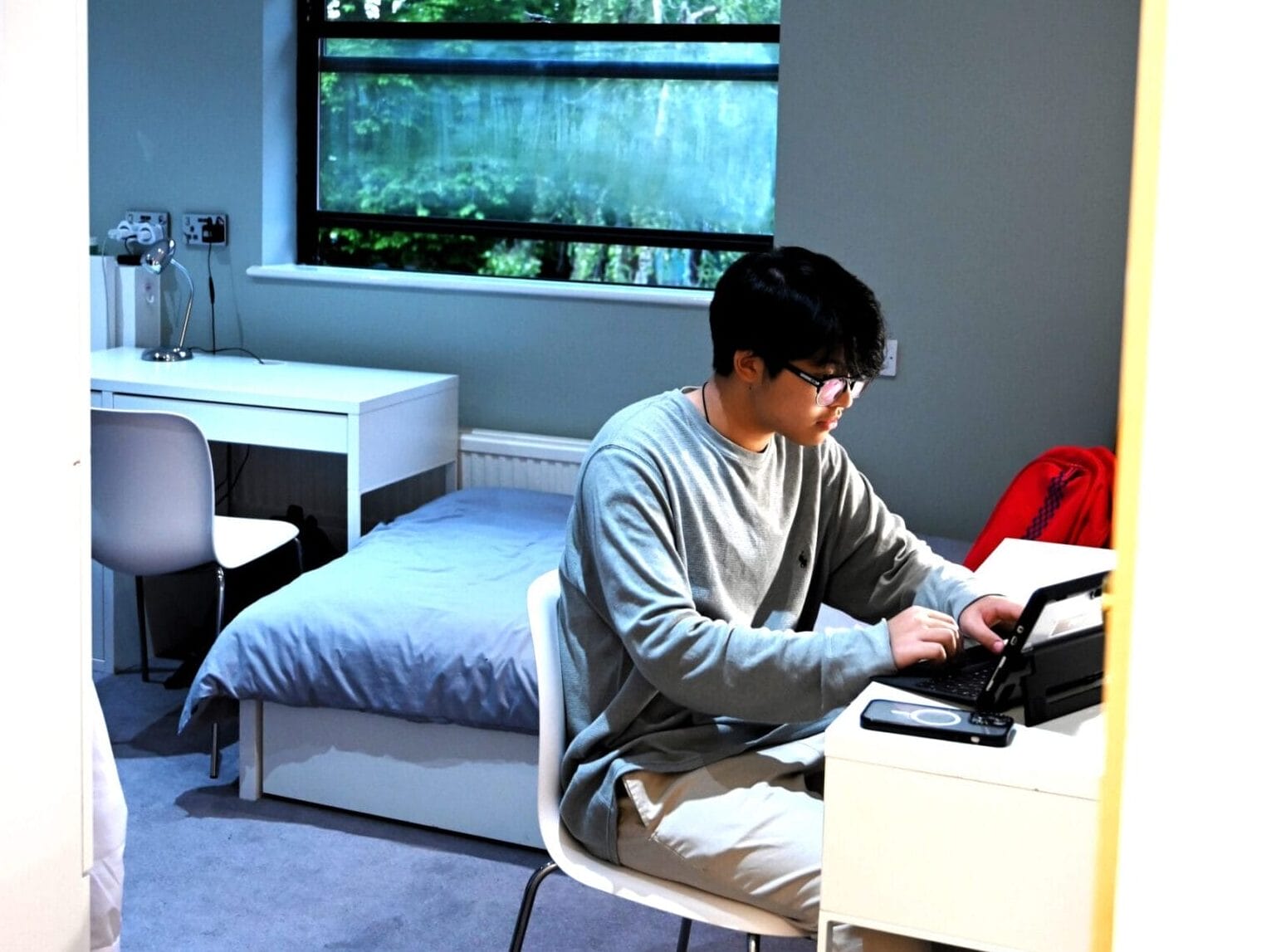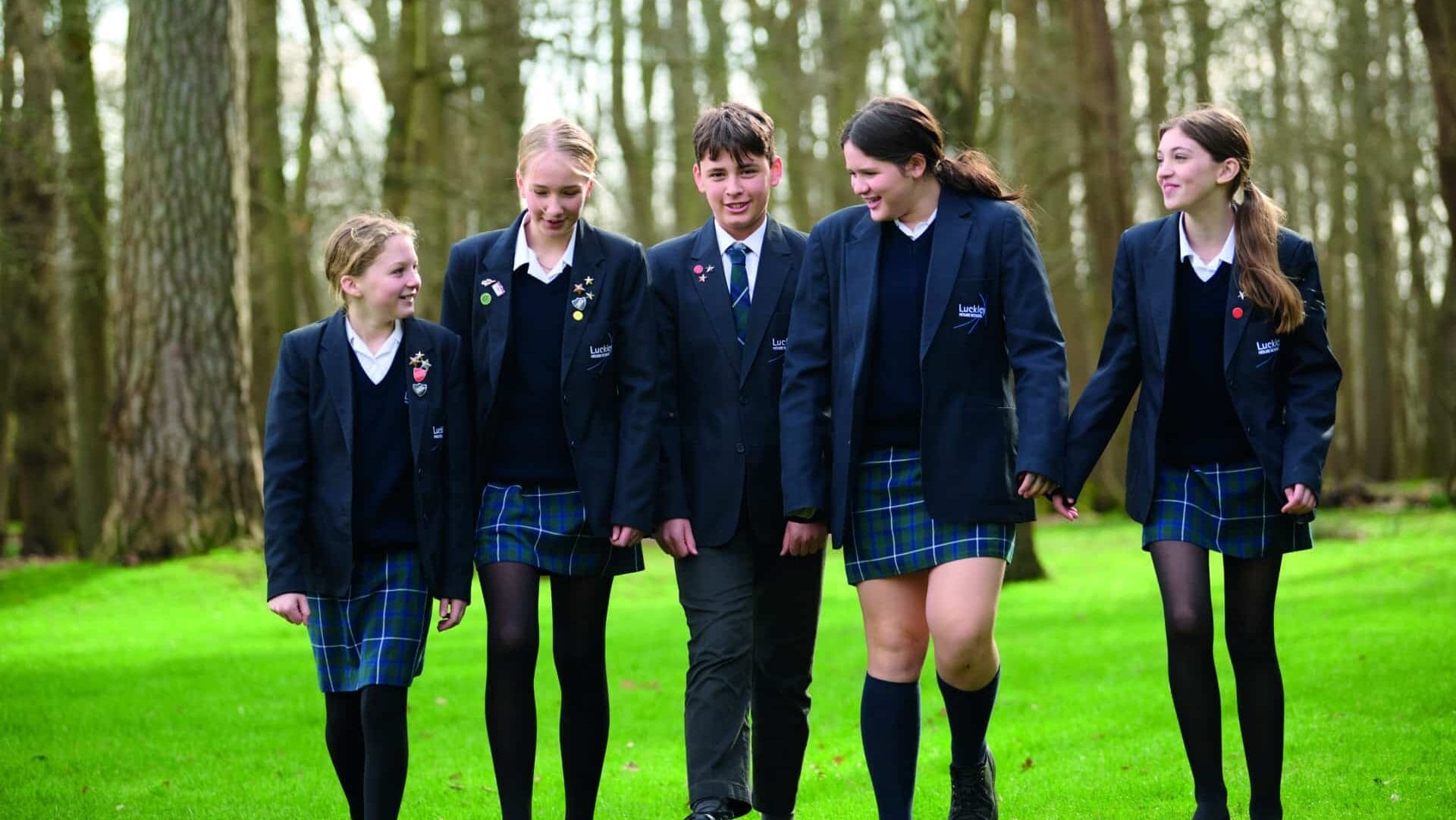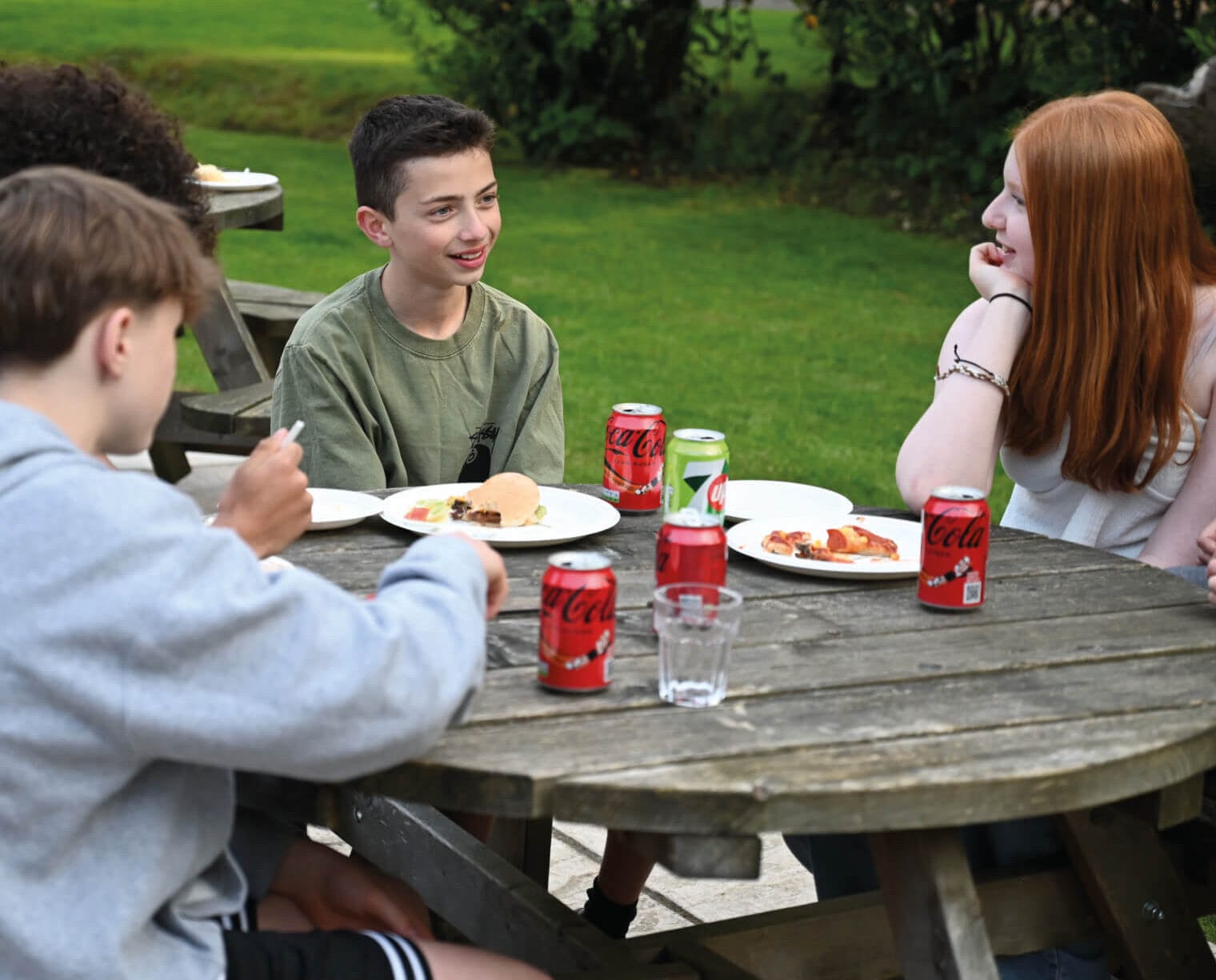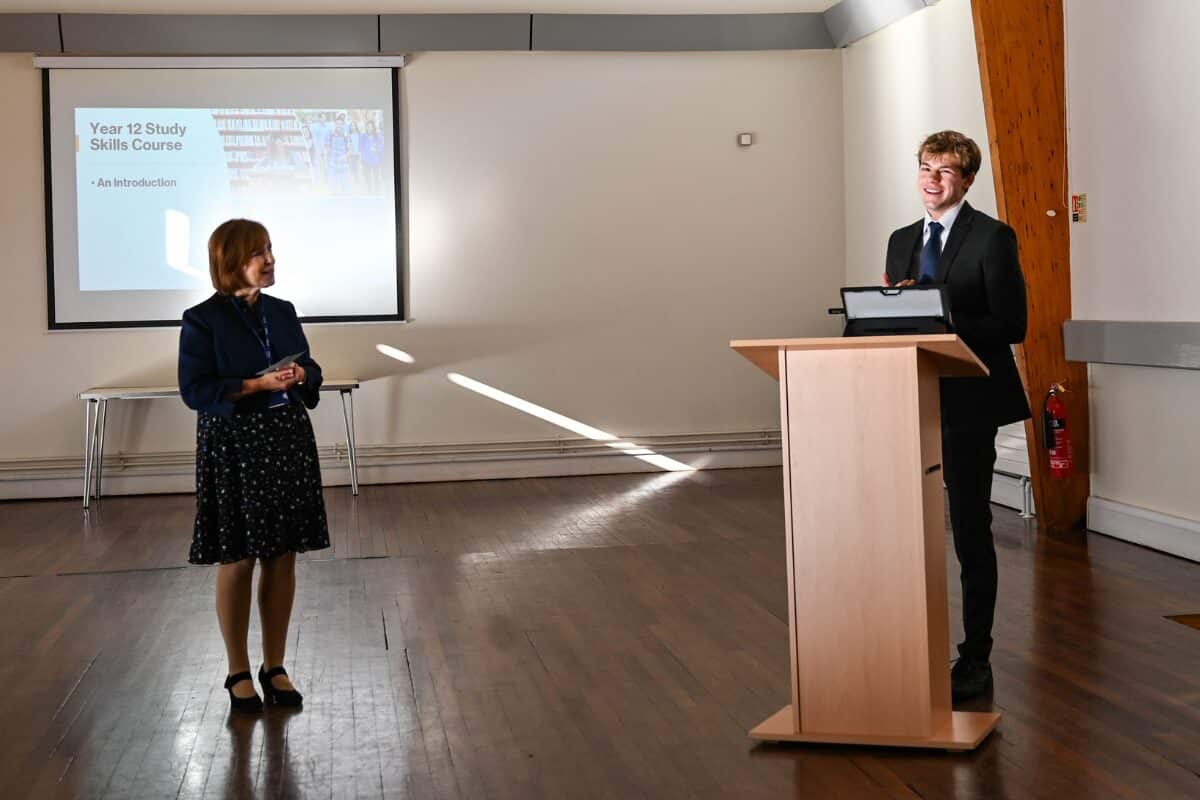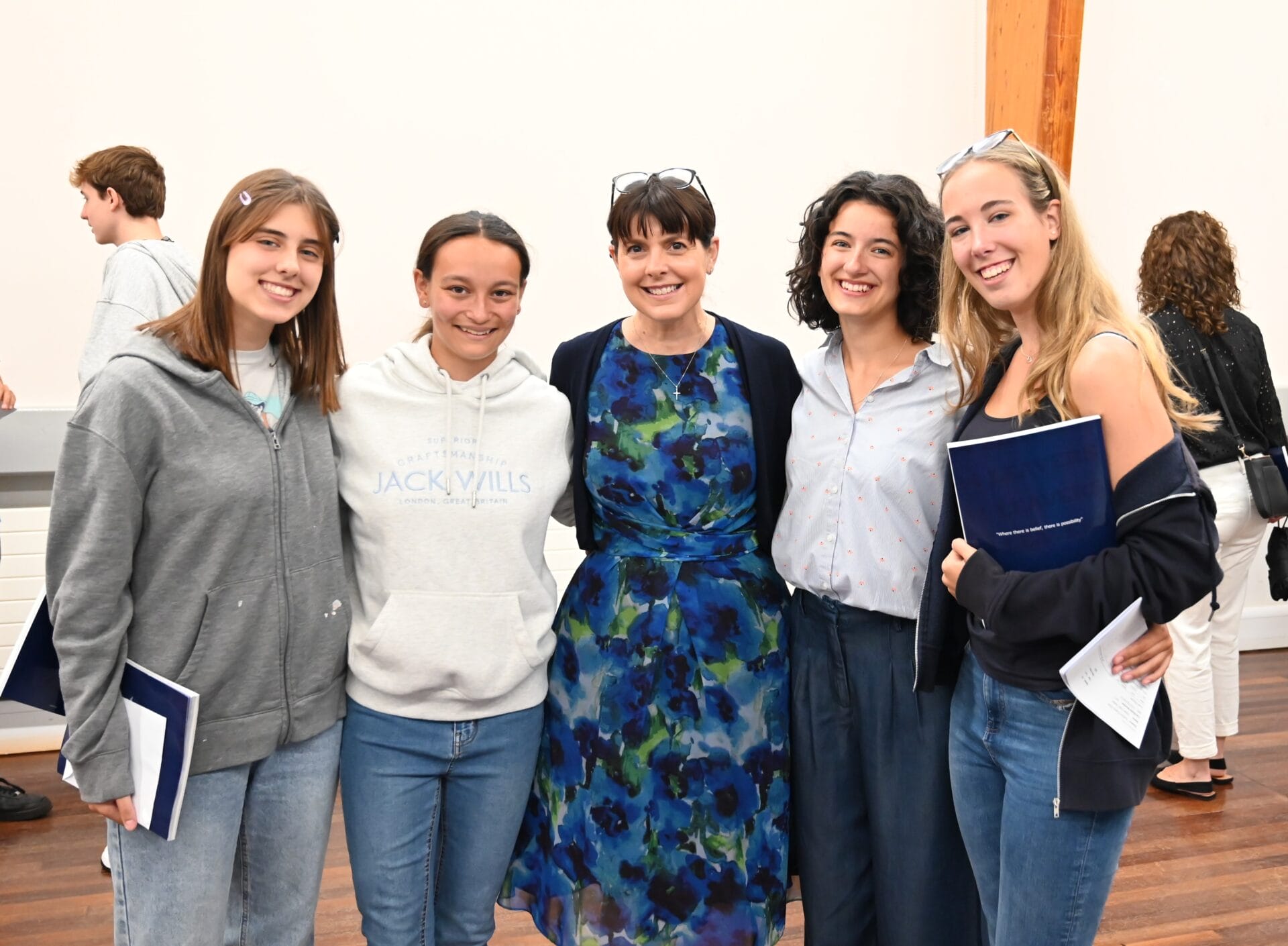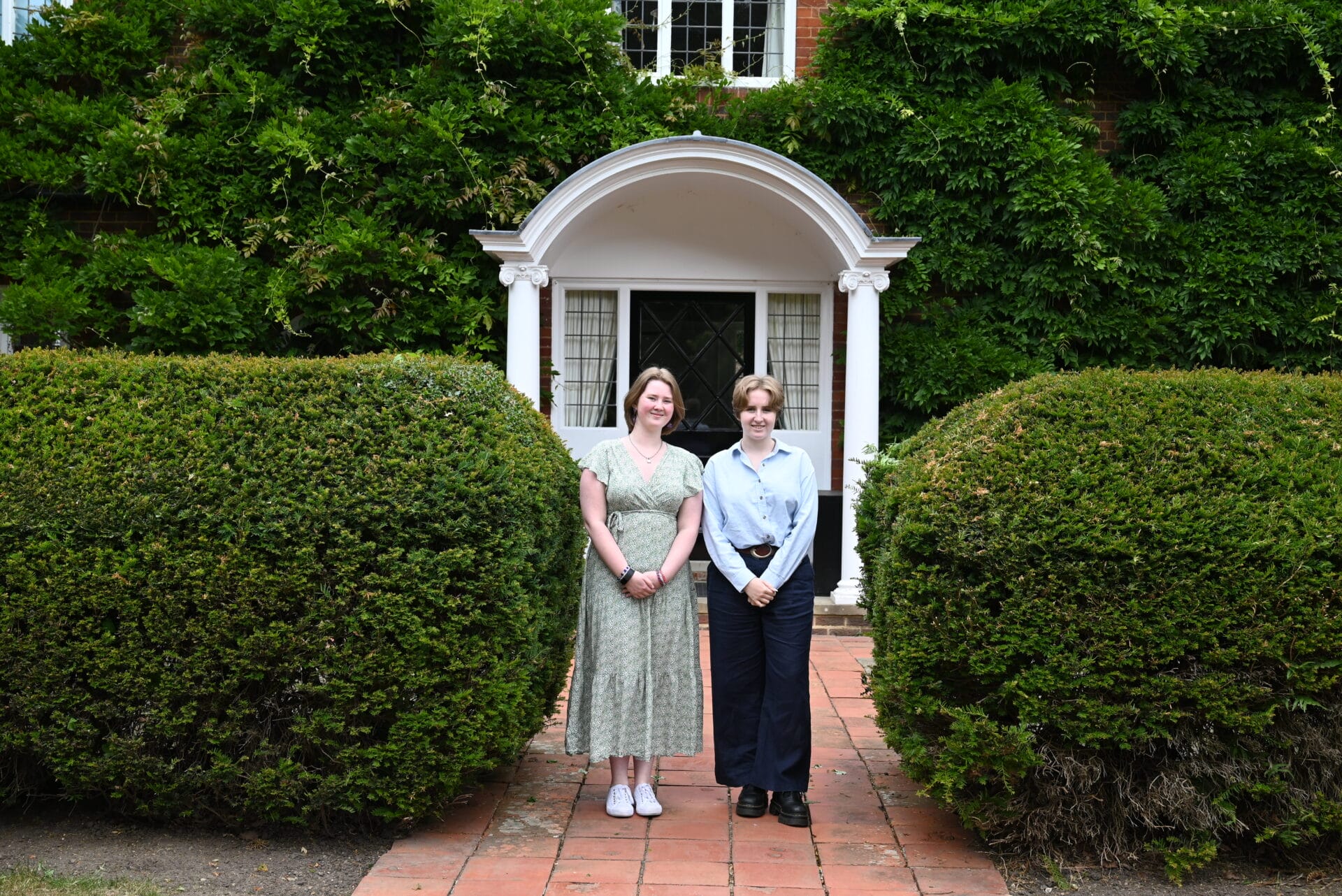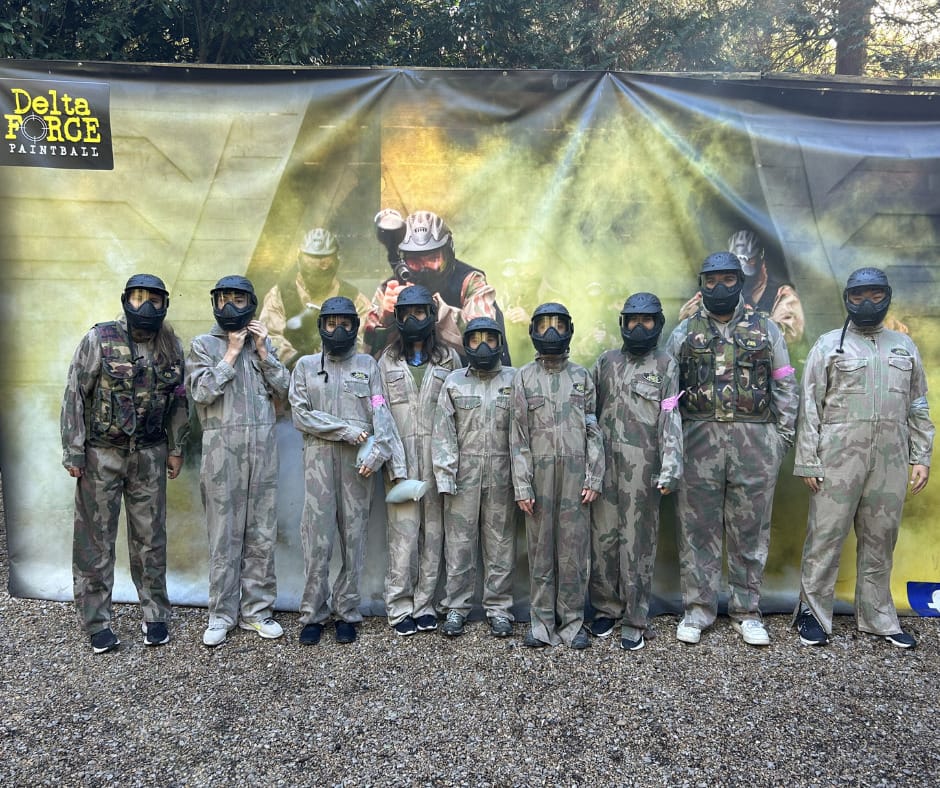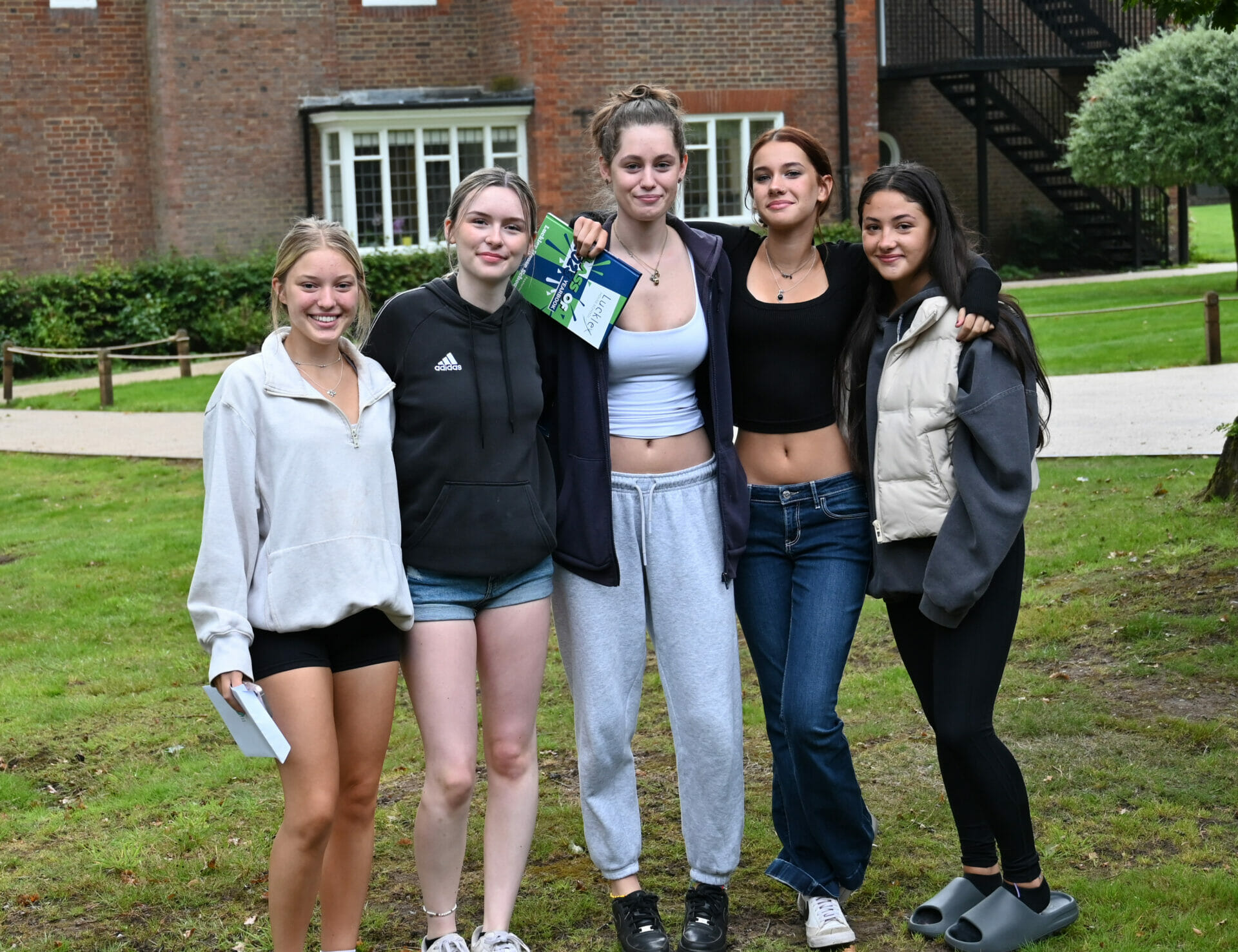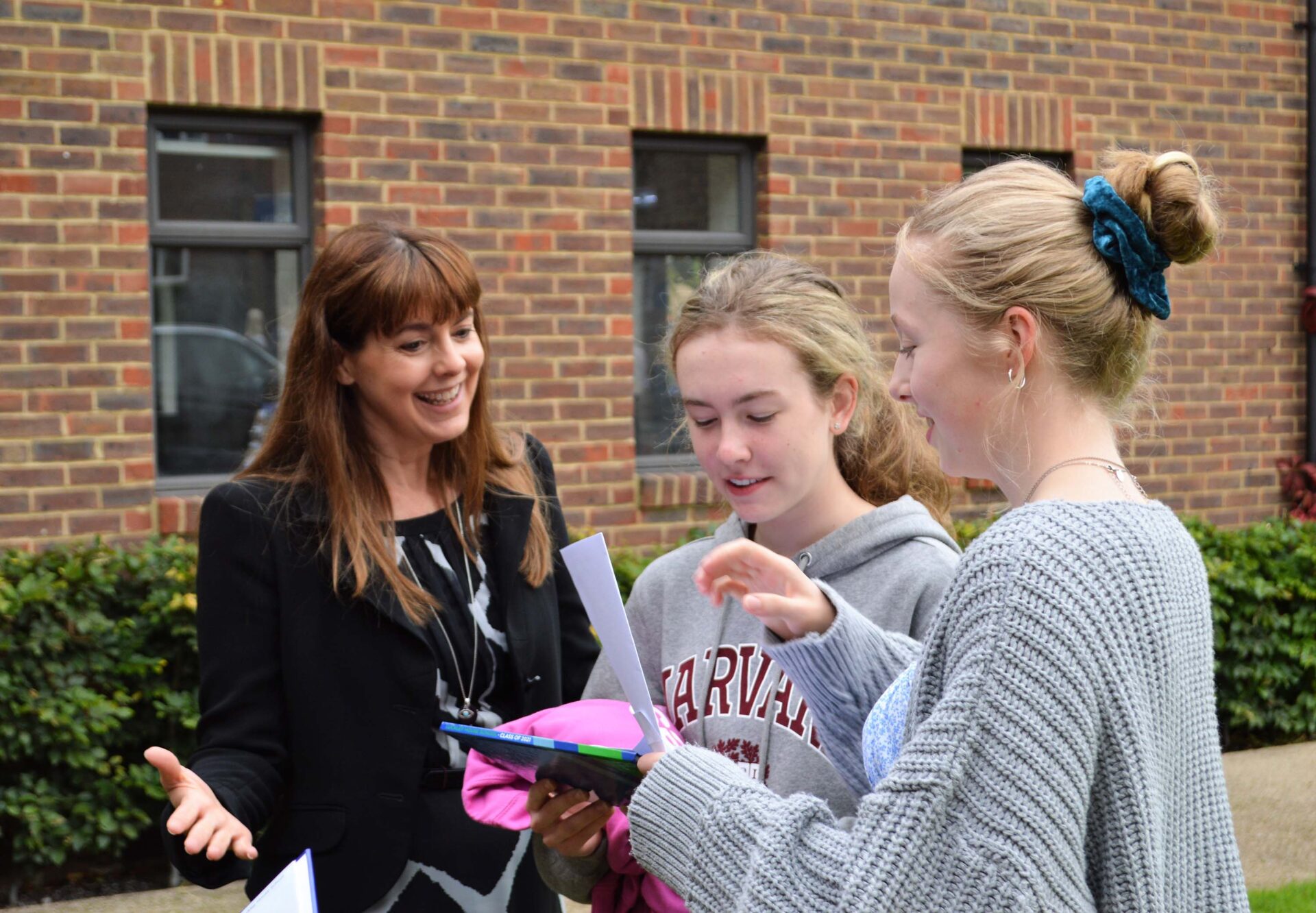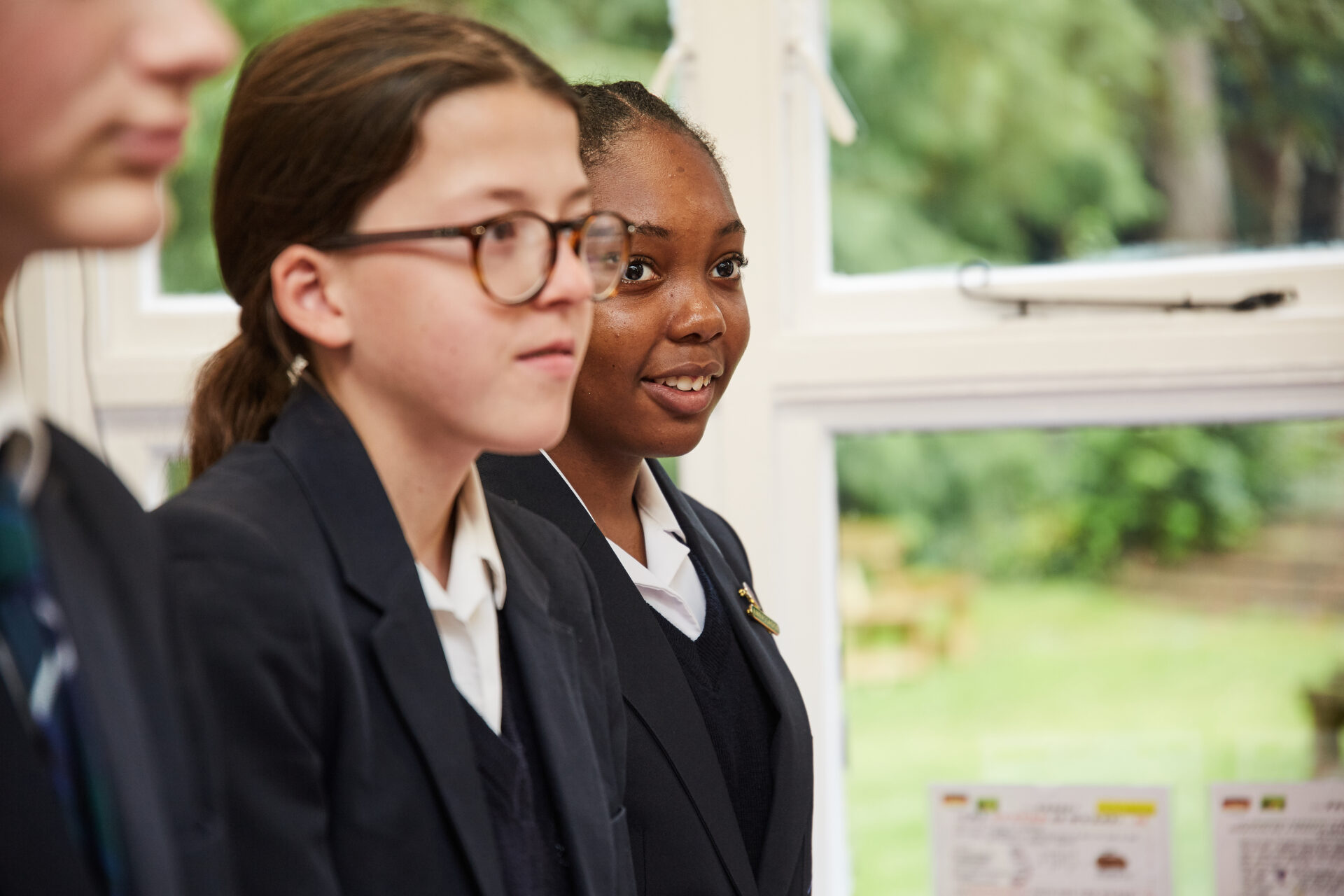
At Luckley House School, we believe education should be a journey tailored to each pupil’s individual strengths and aspirations. Small class sizes play a key role in shaping this bespoke learning experience. They allow teachers to support every pupil closely, ensure active participation, and foster an environment where pupils can thrive academically and personally.
Here are five advantages of smaller classes.
Learn More1. Individualised Attention
With fewer pupils in the classroom, teachers can focus on each pupil’s unique learning needs.
Small classes allow teachers to track progress more closely. This includes monitoring how pupils respond to different teaching methods, identifying gaps in understanding early, and adjusting lessons to ensure steady progress. In subjects such as Science, teachers can provide one-to-one guidance during practical experiments. In Mathematics, exercises can be tailored to consolidate foundational skills or extend higher-level reasoning. In Modern Languages, pupils receive personalised feedback on pronunciation, grammar, and vocabulary, allowing them to improve steadily.
By focusing on individual learning needs, small classes enable pupils to make measurable progress, build confidence in their abilities, and develop the skills necessary to achieve their potential.
2. Greater Engagement and Participation
Small class sizes create an environment where pupils feel confident to contribute. In lessons ranging from Drama to Computer Science, pupils have the space to ask questions, share ideas, and explore concepts in depth. This interaction allows teachers to check understanding more effectively and respond to misconceptions immediately.
Active participation also encourages critical thinking and problem-solving. Pupils are more likely to engage with tasks, debate ideas, and test their understanding through discussion or practical work.
Regular participation helps pupils to internalise knowledge and develop a deeper understanding of the material. It also builds communication skills and encourages pupils to articulate their ideas clearly and confidently.
3. Stronger Teacher-Pupil Relationships
When classes are smaller, teachers can develop meaningful relationships with each pupil. Knowing pupils as individuals helps teachers provide guidance tailored to academic strengths and challenges, as well as support for wider personal development.
These relationships are critical in fostering a positive learning environment. Pupils are more likely to ask for help, participate in lessons, and take on challenges when they feel understood and supported. Teachers can also provide personalised encouragement and feedback, which reinforces progress and motivates pupils to achieve.
Smaller classes make it possible for teachers to observe pupils more closely, noticing subtle changes in engagement, confidence, or wellbeing. This allows them to intervene early when support is needed, while also recognising and celebrating achievements.
4. Enhanced Focus and Calm Learning Environment
Smaller classes create a calmer, more focused atmosphere for both pupils and teachers. With fewer distractions and less background noise, pupils can concentrate more effectively on lessons and tasks. Teachers are also able to manage the classroom more efficiently, respond to questions promptly, and provide support where it is needed without being pulled in multiple directions.
A focused environment makes it easier for pupils to collaborate on group work, share ideas, and complete tasks without interruptions.
5. Preparation for Future Success
Small class sizes help pupils take ownership of their learning, develop independence, and build self-assurance. Pupils have more opportunities to contribute, seek feedback, and manage their progress, which prepares them for future academic challenges.
From GCSE to A Level, smaller classes support a personalised approach that balances academic preparation with the development of wider skills. Pupils can develop study habits, organisational strategies, and digital proficiency, while also building confidence in decision-making and problem-solving. In practical terms, this preparation enables them to approach examinations, coursework, and extended projects with focus and self-reliance.
Beyond academics, pupils also develop life skills such as teamwork, time management, and effective communication. These skills are valuable for higher education and employment. Schools that prioritise small classes provide an environment where pupils are equipped to succeed in both education and life beyond the classroom.
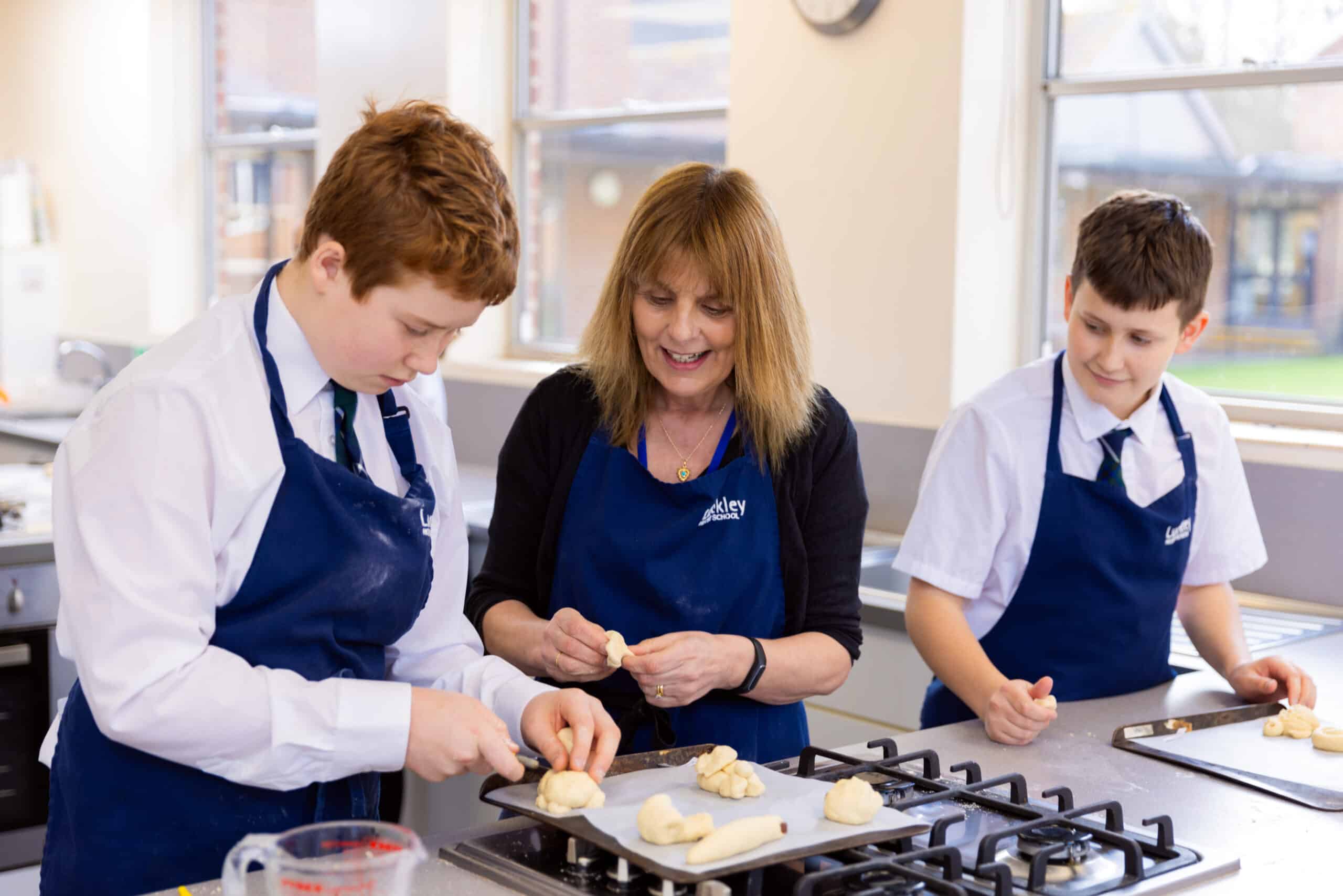
At Luckley House, we believe small class sizes are at the heart of effective learning. They ensure every pupil is supported, challenged, and able to engage fully with their education. The result is a learning environment where academic achievement and personal growth go hand in hand, giving pupils the skills and confidence to succeed now and in the future.
To see this approach in action, arrange a visit to our Independent School in Berkshire and discover how our small classes make a real difference to everyday learning.
Visit Luckley



